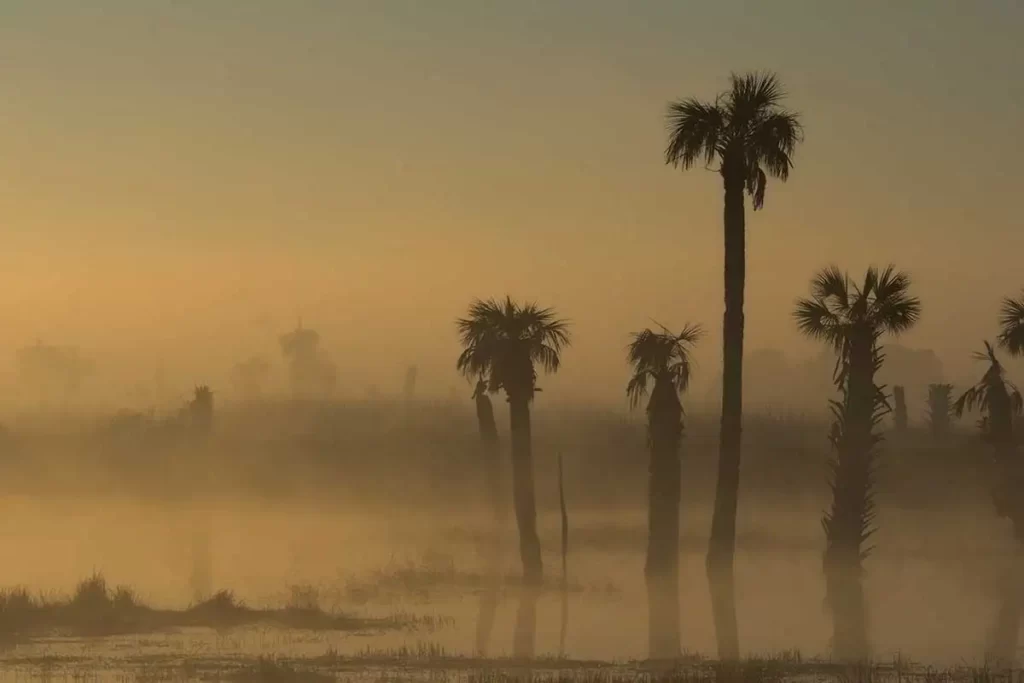The new study on methane (CH4) emissions from rivers and streams is significant for several reasons.
- First, it confirms that rivers and streams are a major source of CH4, a potent greenhouse gas that contributes to global warming.
- Second, it reveals that CH4 emissions are not primarily controlled by temperature, as previously thought, but by the surrounding habitat.
This means that human activities that alter freshwater ecosystems, such as deforestation and agriculture, could have a significant impact on CH4 emissions.
The study also found that methane emissions in the tropics were comparable to those in the much colder streams and rivers of boreal forests and Arctic tundra habitats. This is surprising because the biological production of methane is highly sensitive to temperature.
One possible explanation for this finding is that the tropical streams and rivers studied were more productive than the boreal and Arctic streams and rivers, meaning that they had more organic matter available for methane-producing microbes to break down.
Another possibility is that the tropical streams and rivers had more anoxic (oxygen-free) zones, which are ideal conditions for CH4 production.
The study’s findings have important implications for climate change mitigation. By understanding the factors that control methane emissions from rivers and streams, we can develop more effective strategies to reduce these emissions.
For example, we can focus on protecting and restoring freshwater ecosystems, such as wetlands and mangroves, which can help to absorb methane from the atmosphere.
Here are some specific things that can be done to reduce methane emissions from rivers and streams:
- Restore wetlands and mangroves.
- Reduce deforestation and other forms of land use change that can alter freshwater ecosystems.
- Improve wastewater treatment practices to reduce the amount of organic matter that enters rivers and streams.
- Develop new technologies to capture and convert methane from rivers and streams into a usable energy source.
By taking these steps, we can help to reduce the impact of methane emissions from rivers and streams on climate change.
Reference- Journal Nature, Clean Technica, National Geographic, Wired, Vox
